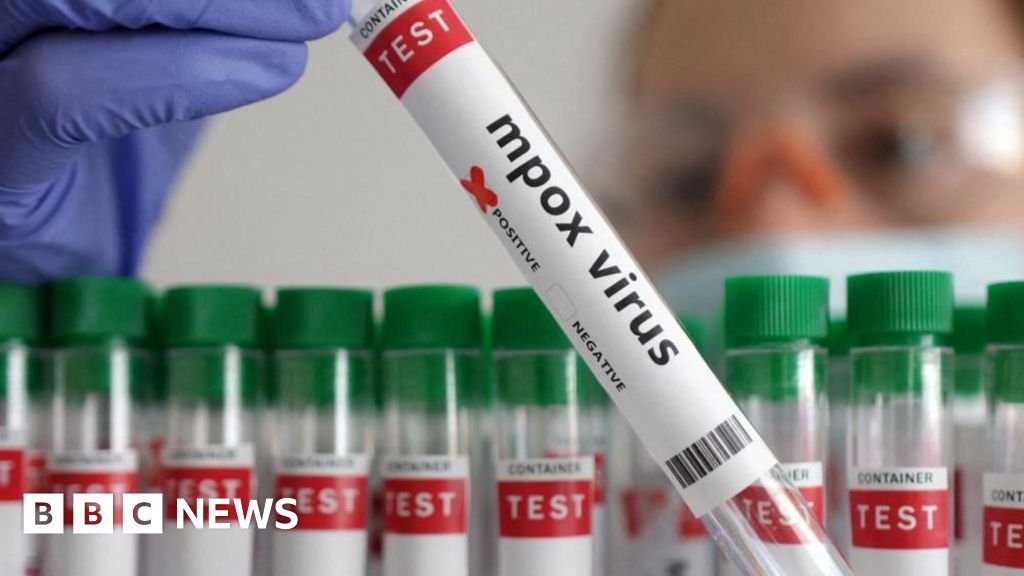The World Health Organization (WHO) has approved the first mpox diagnostic test with instant results, saying it could be crucial in stopping the rise in global cases of the deadly virus.
A new PCR test allows the detection of mpox DNA from swabs of skin lesions.
Currently, samples must be sent to a laboratory for testing, and patients and healthcare workers must wait days for results.
Limited testing capacity and delays in confirming cases continue to be a challenge in Africa, exacerbating the spread of mpox, formerly known as monkeypox.
According to the WHO, of the more than 30,000 suspected cases reported in Africa this year, only 40% were confirmed through testing.
WHO Deputy Director-General Yukiko Nakatani said the new diagnostic test was an “important milestone”.
“Increasing access to quality-assured medical products is central to our efforts to help countries stop the spread of the virus and protect people, especially in underserved areas,” she said. added.
The milestone comes as the Democratic Republic of the Congo, which has reported the highest number of cases, prepares to start its mpox vaccination program on Saturday.
MPOX, a highly contagious disease, has killed at least 635 people in the country this year.
In August, the virus outbreak became a global public health emergency for the second time in two years, as cases rose in the Democratic Republic of the Congo and spread to neighboring Burundi, Uganda and Rwanda. declared by WHO.
Some Western countries have donated mpox vaccines to fight the disease outbreak in Africa, but reports say more vaccines are urgently needed.
Rwanda, which became the first country in Africa to administer the MPX vaccine last month, will receive another 5,000 doses on Friday, according to the Africa Centers for Disease Control and Prevention (Africa CDC).
Nigeria is scheduled to begin vaccination against the virus next Tuesday, according to the Africa CDC.
In the Democratic Republic of the Congo, where the European Commission has donated 200,000 vaccines, frontline health workers and close contacts of infected patients will be prioritized for vaccination, the report said.
Additional reporting by BBC Africa Health Correspondent Makuochi Okafor

